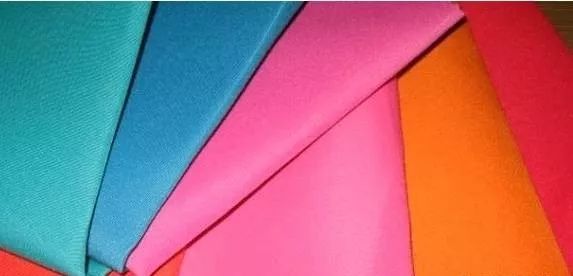Fabrics | Analysis of clothing fabrics – advantages and disadvantages of polyester fiber
Fabrics | Analysis of clothing fabrics – advantages and disadvantages of polyester fiber
Do you know the advantages and disadvantages of polyester fiber fabric?
Polyester fiber is a chemical fiber that is widely used in clothing fabrics. The editor has compiled some knowledge about polyester fiber to help you understand what polyester fiber is.
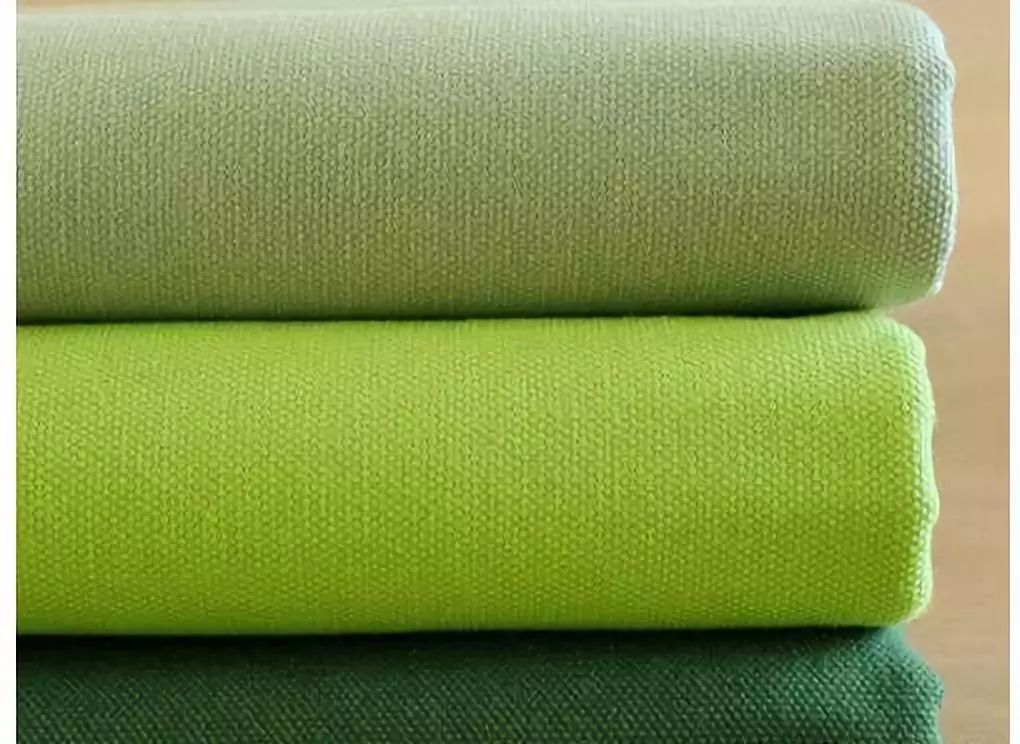
Polyester fiber, also known as polyester, is currently the largest variety of synthetic fiber
Polyester is an important variety of synthetic fibers and the trade name of polyester fiber in my country. It is a fiber-forming polymer made from purified terephthalic acid (PTA) or dimethyl terephthalate (DMT) and ethylene glycol (EG) through esterification or transesterification and polycondensation reaction. —Polyethylene terephthalate (PET), a fiber made by spinning and post-processing.
Pronunciation: [dílún] English: polyester; commonly known as “Qianliang” in China, polyester has a wide range of uses and is widely used in the manufacture of clothing fabrics and industrial products. Polyester has excellent shaping properties. The flat, fluffy or pleated shapes produced by polyester yarn or fabric after shaping can still remain unchanged after being washed many times during use.
Polyester is also called triclon, and Americans also call it “dacron”. When it appeared on the Hong Kong market, people translated it as “Chen Liang” or “Chen Liang” according to Cantonese [Liang, Liang is the same pronunciation in Cantonese], which roughly means “Chen Liang” is a household name.
It is the simplest process among the three major synthetic fibers and the price is relatively cheap. In addition, it is strong and durable, has good elasticity, is not easily deformed, is corrosion-resistant, insulating, crisp, easy to wash and quick-drying, etc., and is loved by people.
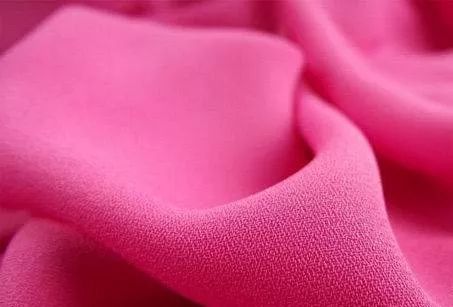
Polyester has many excellent textile properties and wear properties, and is widely used. It can be made purely as a textile or blended with natural fibers such as cotton, wool, silk, and hemp and other chemical fibers to make it into a variety of colors, strong, scratch-resistant, and easy-to-wear materials. Wool-like, cotton-like, silk-like and linen-like fabrics with good washable and wearable properties. Polyester fabrics are suitable for men’s and women’s shirts, outerwear, children’s clothing, upholstery fabrics and carpets. Because polyester has good elasticity and fluffiness, it can also be used as wadding. In industry, high-strength polyester can be used as tire cords, conveyor belts, fire hoses, cables, fishing nets, etc. It can also be used as electrical insulation materials, acid-resistant filter cloths, and papermaking blankets. Non-woven fabrics made of polyester can be used for interior decorations, carpet backings, medical and industrial fabrics, wadding, linings, etc.
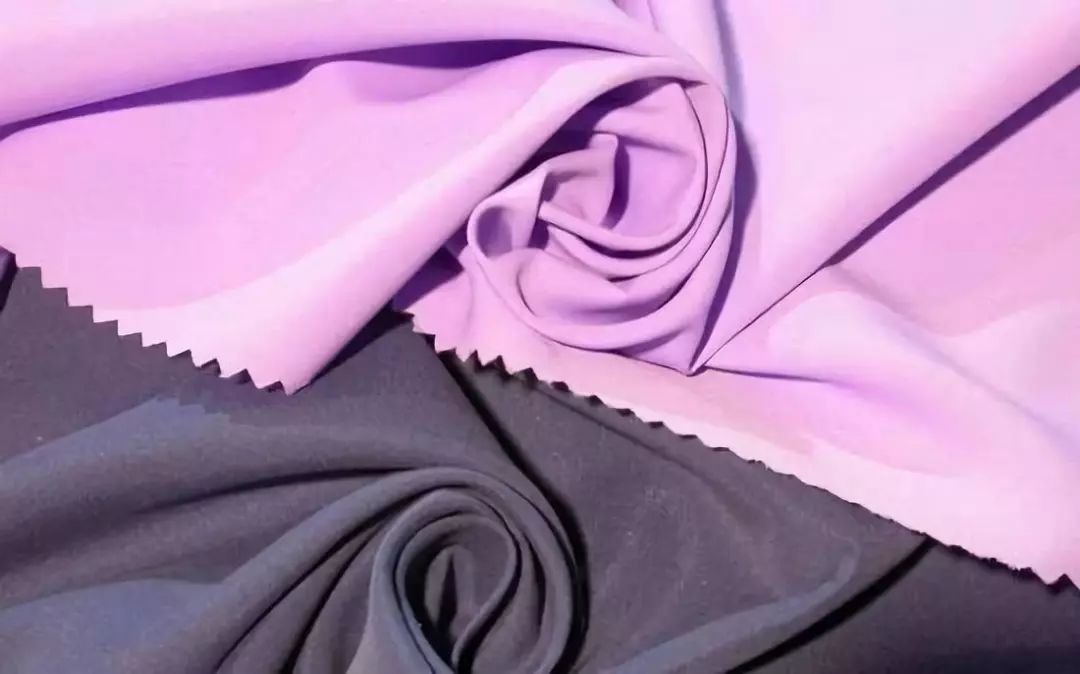
Features:
1. Sunshade, light transmission and ventilation. It can eliminate up to 86% of solar radiation, keep the indoor air flowing, and enable you to clearly see the outdoor scenery.
2. Insulation. Polyester fiber sunshine fabric has good thermal insulation properties that other fabrics do not have, which greatly reduces the use of indoor air conditioning.
3. UV protection. Polyester solar fabric blocks up to 95% of UV rays.
4. Fireproof. Polyester fabric has flame retardant properties that other fabrics do not have. After burning, real polyester fabrics will retain the internal skeleton of glass fiber, so they will not deform, while ordinary fabrics will not have any residue after burning.
5. Moisture-proof. Bacteria cannot reproduce and the fabric will not become mildewed.
6. Polyester fiber easily generates static electricity, so soak it in softener and clean it.
7. Constant dimensions. The material of the fabric determines that it is not stretchable, will not deform, and maintains its flatness for a long time.
8. Easy to clean. Can be placed in clean water and scrubbed.
9. Resistant to tearing. No reinforcement is required, it is naturally tear-resistant, has significant wind resistance and withstands frequent use.
10. Corrosion resistance. Resistant to bleach, oxidants, hydrocarbons, ketones, petroleum products and inorganic acids. Resistant to dilute alkali and not afraid of mold, but hot alkali can cause it to decompose. It also has strong acid and alkali resistance and UV resistance
11. Good elasticity. The elasticity is close to that of wool. When stretched by 5% to 6%, it can almost completely recover. The wrinkle resistance is better than other fibers, that is, the fabric does not wrinkle and has good dimensional stability. The elastic modulus is 22~141cN/dtex, which is 2~3 times higher than nylon. .Polyester fabric has high strength and elastic recovery ability, so it is durable, wrinkle-resistant and requires no ironing
12. Good wear resistance. The wear resistance is second only to nylon, which has the best wear resistance, and is better than other natural fibers and synthetic fibers.
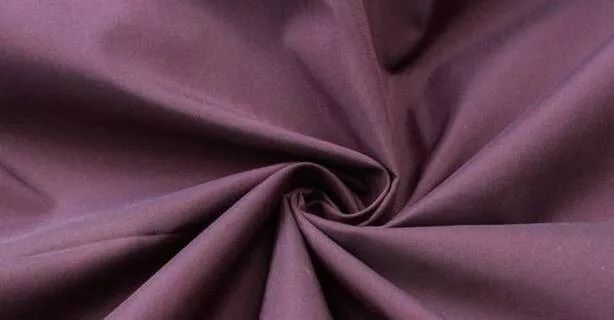
Disadvantages:
1. It has poor hygroscopicity and feels stuffy when worn. It is also easily charged with static electricity and contaminated with dust, affecting its appearance and comfort.
2. Polyester fabrics have poor melt resistance and can easily form holes when exposed to soot, sparks, etc. Therefore, when wearing polyester fabrics, you should try to avoid contact with cigarette butts, sparks, etc.
